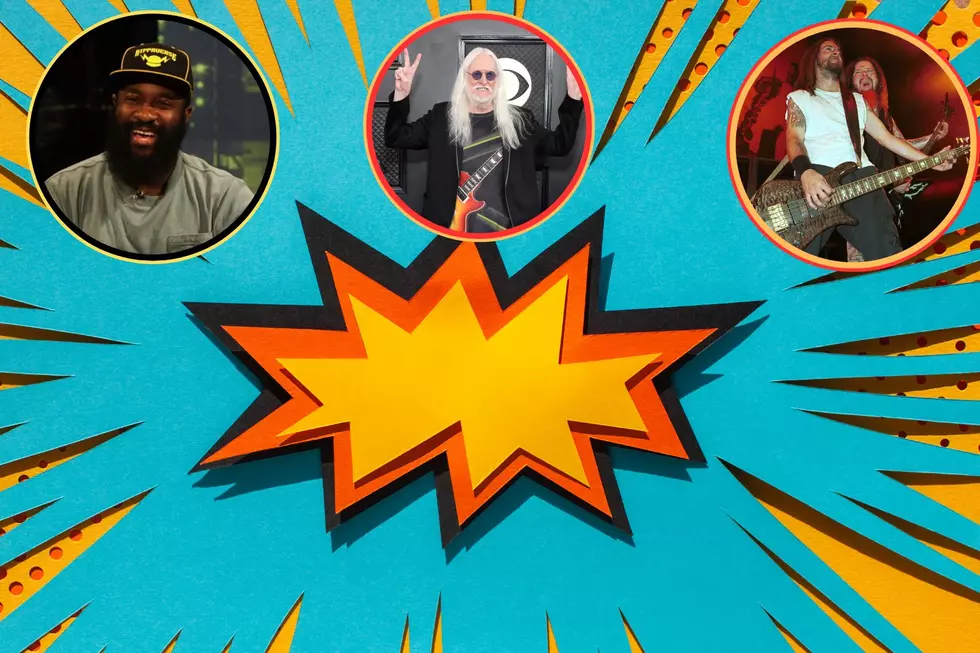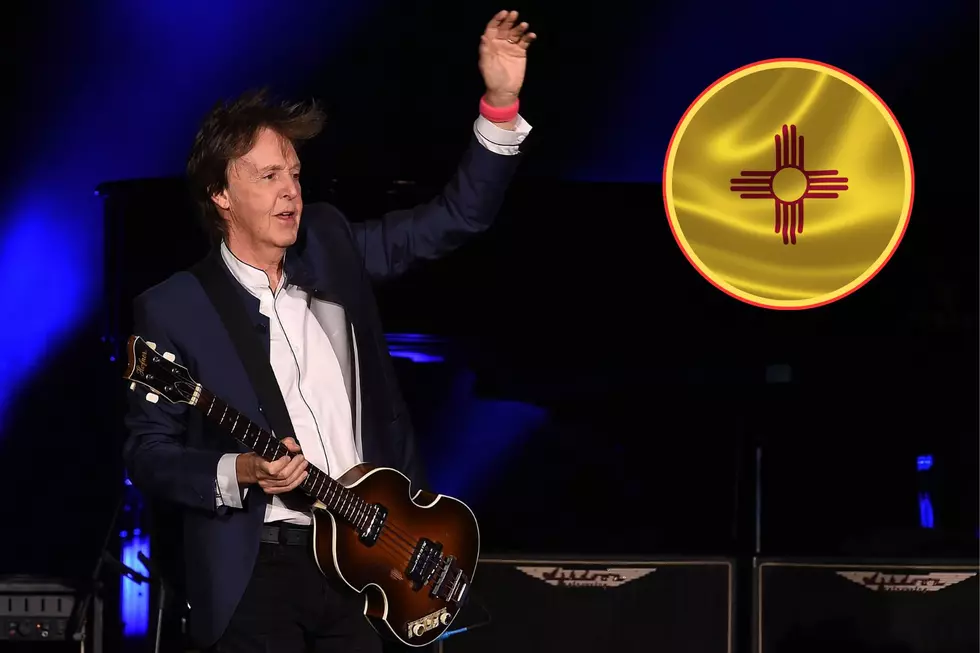
5 Essential Bourbons for a Well-Stocked Bar
Maybe you're not a Scotch drinker (though, why not?), but you're still a man who would like the kind of well-stocked bar a real man's man maintains. This means it's time to find the right bourbon(s) for your bar.
A good first step is to understand the difference between bourbon and whiskey. Simply put, all bourbons are whiskey, but not all whiskeys are bourbon. Whiskey also includes rye, scotch, and Irish and Tennessee whiskey under its wonderful brown umbrella. (Of course, this knowledge on its own won't impress anyone. We'll get to the actual bottles soon enough.)
While whiskey can be made from wheat, rye, barley or corn, to be bourbon, a distilled liquor must be made from at least 51 percent corn and have no added flavoring or coloring. There's actually a law about this. The grains that make up the other 49 percent of the bourbon are what will give each different brand its unique flavor.
If it wasn't distilled in the U.S., it's not bourbon -- no exceptions. In order to be a bourbon, the liquor must be aged for at least four years in, specifically, new, charred-oak barrels. By official bourbon standards, bourbons are distilled at no more than 160 proof, put into the barrel at 125 proof and bottled at no less than 80 proof. If a spirit fills all these requirements, it's a bourbon. But if it varies even a little bit, it might be tasty but it's a whiskey, not a bourbon.
Now that you can spout off about what bourbon really is -- and that it's America's national spirit (sort of) -- you can call yourself a patriot and proudly serve one of these five must-have bourbons from your well-stocked bar. But don't take our word for it. Go out and start sipping bourbons. (Please note that we're going beyond Maker's Mark, because every guy already has that in his bar.)
Traditional/Corn Bourbon
To start with, stock your bar with a traditional, corn-based bourbon. This bourbon is likely 70 percent corn, with a balanced mix of rye and barley making up the remaining 30 percent. Traditional bourbons are perfect for mixed drinks and there is nothing more impressive than a well-mixed bourbon drink. They're classic and sophisticated.
Knob Creek is a highly recommended traditional bourbon -- tasty, reasonably priced, and a bottle you'll be proud to see sitting on your bar.
High-Rye Bourbon
For those guests who like a little spice in their bourbon, a well-stocked bar needs at least one high-rye bourbon. These bourbons have the required 51 percent corn and then finish out with a higher content of rye than any other grain. Even though they also make good mixed drinks, high-rye bourbons are great sippers when you just want to drop some rocks in a glass and make deals over a drink.
Buffalo Trace makes a tasty bottle that any pro would recommend. It has a classic, rich taste with just a slight edge. (Bulleit also distills a crowd pleaser that everyone can get on board with, if you want a full-on rye).
High-Wheat Bourbon
If you're just introducing bourbon to your guest, a high-wheat bourbon might be a good option. These tend to be sweeter, smoother and easier to drink the first time out (not that bourbon is ever tough on the taste buds). The “wheaters” are kind of rogue bourbons, but the difference in grain allows for more caramel and vanilla flavors.
Rebel Yell is a solid choice, though if you have the means, acquire yourself a bottle of Van Winkle to keep on hand for a little something special.
Single Barrel Bourbon
Now it's time to get fancy. A single barrel bourbon is a real treat. The price may be higher, but you definitely get what you pay for. A batch of single barrel has been aged in only one barrel (shocking) and is then bottled without mixing with any other bourbons from any other barrels. This makes each bottle unique, because the barrel will provide it its own distinct flavor. You get out the single barrel when your boss is over or you have a seasoned bourbon drinker to impress.
Blanton's has a moderately priced single barrel that has the kind of spice that makes it great for slow sipping, but works well in your mixed drinks too.
Small Batch Bourbon
Admittedly, the term “small batch” doesn't really have a proper definition. It could be your more boutique bourbon, but really it just means a company used fewer barrels than it normally uses for a public offering. That being said, small batches are delicious and fun to experiment with. You really have to find your own favorite and then argue it out with your fellow bourbon drinkers.
Booker's is a favorite small batch among bourbon snobs. It's a Jim Beam label, sure, but the story is fun and the bourbon is outstanding. We recommend you start there just for the sake of conversation.
More in our Well-Stocked Bar series:
More From KLAQ El Paso









